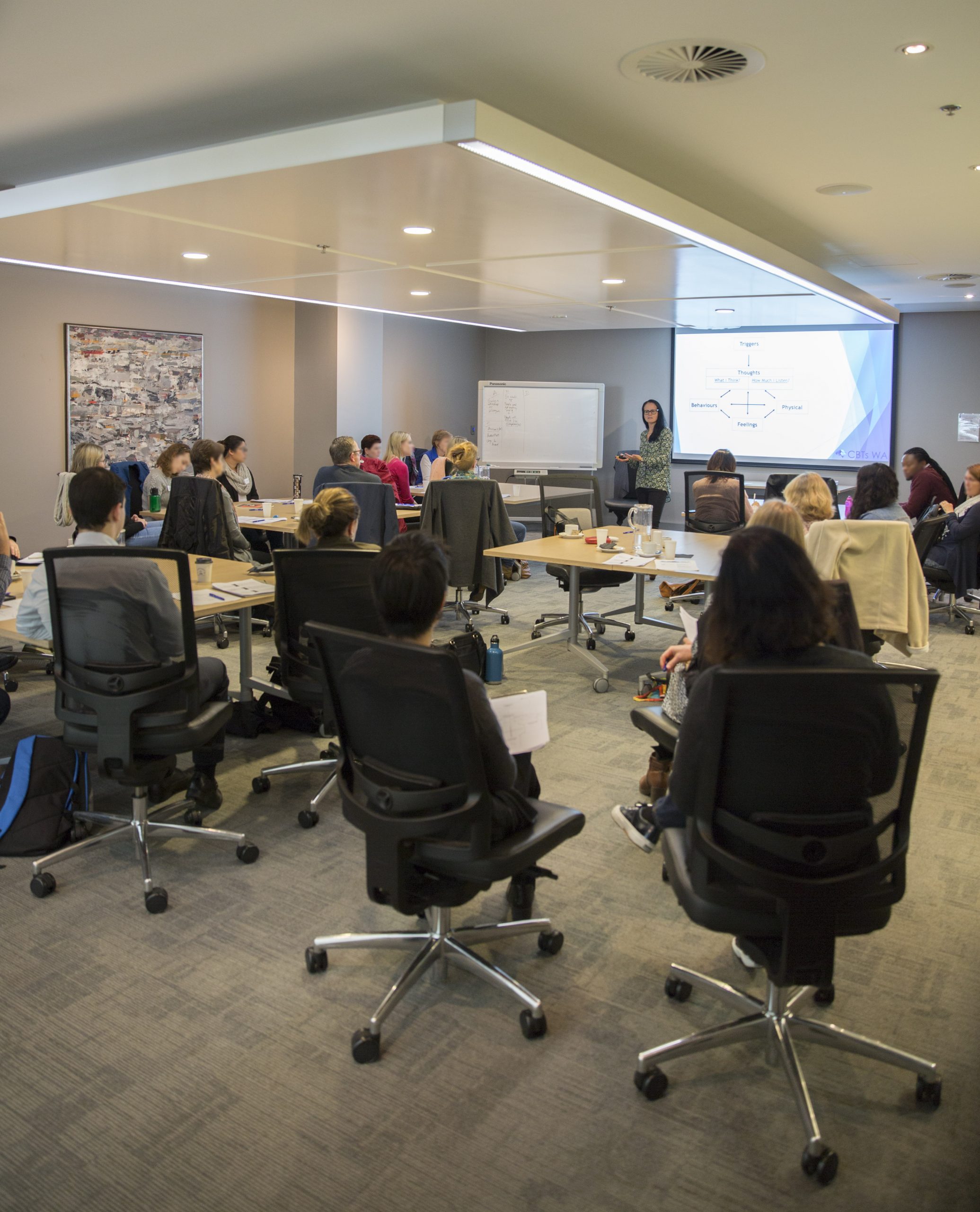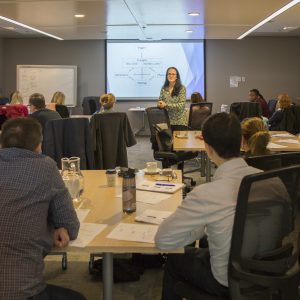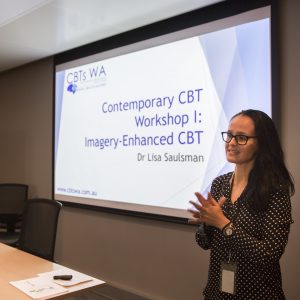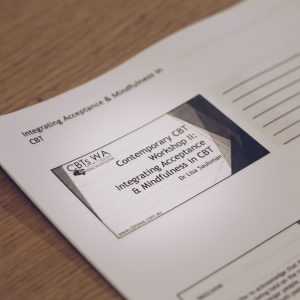Description
Sometimes using traditional CBT methods such as thought records isn’t enough, particularly for people experiencing problems with repetitive unhelpful thinking, such as anxious worry and depressive rumination. Metacognition refers to the beliefs people hold about thinking itself. Expanding our CBT formulation to include a metacognitive understanding of repetitive unhelpful thinking, has been shown to be an effective way of targeting this cognitive style. In this practical and experiential workshop, participants will learn how to:
- Socialise clients to working with metacognition;
- Recognise and elicit the meta-cognitive beliefs that can maintain repetitive unhelpful thinking styles, particularly uncontrollability, harm and helpfulness metacognitions;
- Develop metacognitive case formulations to guide treatment; and
- Use various experiential methods to facilitate metacognitive change, with particular emphasis on thought postponement strategies; ‘up/down’ thought manipulation experiments, and effectively socialising clients to the difference between problem solving and repetitive unhelpful thinking.
Copies of slides plus client worksheets and psychoeducational materials will be provided.
Morning tea is provided. Our great location ensures there are many lunch options to suit participants’ needs.
This training meets AHPRA continuing professional development guidelines and represents 7 CPD hours.
This is an intermediate level training. Having already completed some basic CBT training or study will help you get the most out of the training.
This training will be facilitated by Dr Lisa Saulsman.





